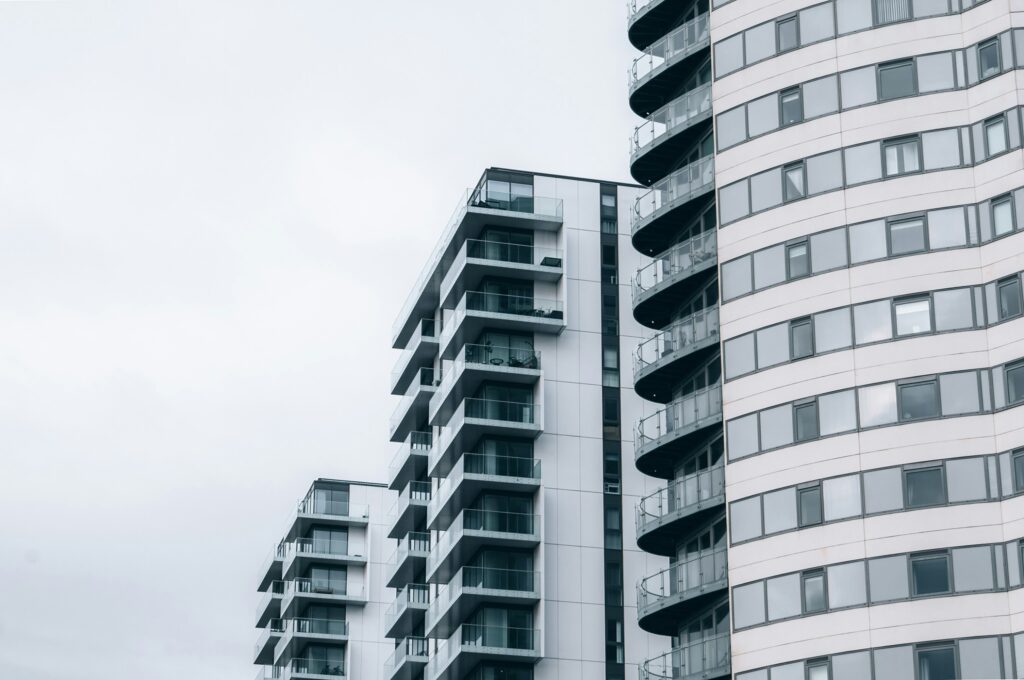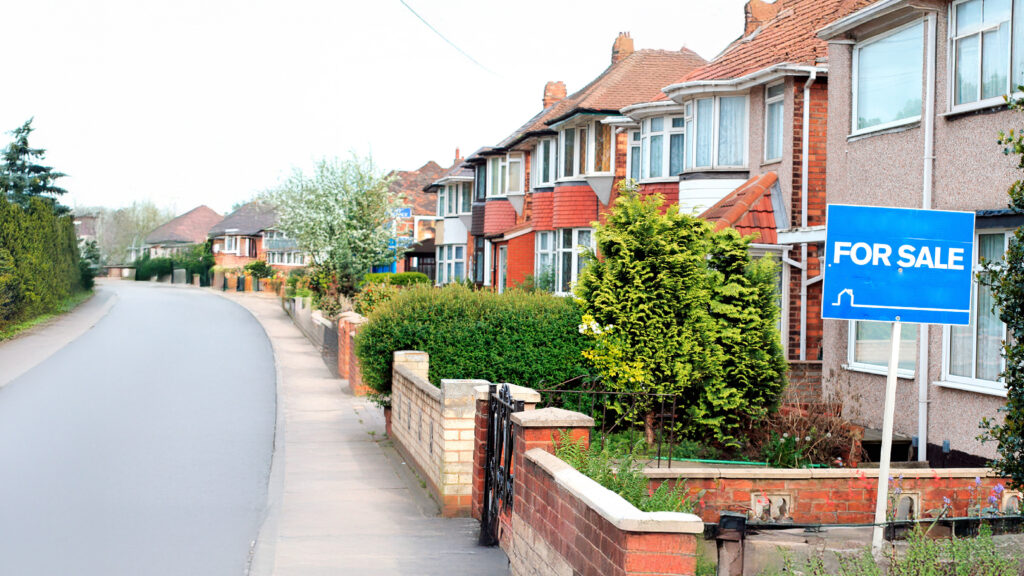
What Happens When a Leasehold Ends?
Wondering what happens when a leasehold ends? Concerned about the end of leasehold and how it might affect your ability to sell or stay in your home? This guide covers everything from lease extensions to cash-buying options, so you can protect your investment with confidence.
What is a leasehold property?
In the UK, leasehold ownership means you own the property for a fixed term but not the land it stands on. That land belongs to the freeholder.
- Lease terms are usually 99, 125 or even 999 years.
- You pay ground rent and sometimes service charges to the freeholder.
- Most flats and some houses (around 28% as of 2022/23) are leasehold.
By contrast, freehold means you own both the property and the land it stands on forever.
What happens at the end of a leasehold?
So, what happens when a leasehold ends?
When your lease expires, you no longer have legal ownership of the property, even if you’ve lived there for years or paid off your mortgage. The property reverts to the freeholder.
That’s why understanding your lease length, rights, and options well before the end of leasehold is crucial.
Here’s what can happen at the end of a leasehold:
- The freeholder may offer you a new tenancy (often an Assured Shorthold Tenancy).
- The freeholder could seek legal possession, but must apply through the courts.
- You may be allowed to stay temporarily under a statutory tenancy, but this offers limited protection and resale value.
Don’t panic: most people extend or address their lease issues long before expiry. But knowing your legal and financial options helps avoid nasty surprises.
What is considered a good remaining lease length?
Once a lease dips below 80 years, it becomes harder (and more expensive) to sell or mortgage.
- Above 80 years: Easy to sell, lower lease extension costs.
- Under 80 years: Triggers “marriage value”, increasing extension costs.
- Under 70 years: Severely affects property value.
- Under 60 years: Only cash buyers will consider the property.
Tip: If you plan to sell in 5 years, make sure the lease has at least 85+ years remaining.
How much does a lease extension cost?
The cost to extend a lease depends on several factors:
- Current length of the lease
- Market value of the property
- Ground rent
- Location
- Whether you’re using the formal or informal process
Here are some typical costs:
| Years Remaining | Average Cost Estimate |
| 95 years | £5,000 |
| 85 years | £6,000 |
| 79 years | £8,500 |
| 70 years | £14,000 |
| 60 years or less | £24,000+ |
The shorter the lease, the higher the cost.
What are my options nearing the end of leasehold?
1. Letting the lease expire
Letting the lease run out isn’t recommended. Once it hits zero, ownership legally returns to the freeholder. You may become a statutory tenant, but:
- Rent could increase sharply
- You won’t have long-term security
- Selling becomes nearly impossible
2. Selling without extending
It is possible to sell a short lease property without extending it, but:
- You’ll mainly attract cash house buyers
- Offers may be far below market value
- Mortgages are unlikely to be approved
3. Informal lease extension
An informal route can be quicker but riskier:
- No set rules or timelines
- No tribunal fallback if negotiations stall
- Terms may heavily favour the freeholder
4. Formal lease extension (Section 42)
The safest route for leaseholders. This process gives you legal rights and clearer costs:
- Serve a Section 42 notice
- Pay a deposit (10% of the estimated premium)
- Get a valuation
- Negotiate or go to a tribunal if needed
- Extend by 90 years (or 990 years under new legislation) with zero ground rent
Formal lease extensions are protected under law and can’t be denied if eligibility is met.
5. Selling with a pending lease extension
If you’ve already started the formal process, you can assign your Section 42 notice to the buyer. They carry on from where you left off.
6. Buying the freehold
You can club together with other flat owners to purchase the freehold (called collective enfranchisement). This gives:
- More control over building maintenance
- Elimination of ground rent
- Increased property value
However, the cost can be significant and the process complex.
Want to avoid the hassle? Consider a cash sale
If you’re facing the end of leasehold with little time, Sell House Fast offers a direct solution:
- We buy your home reagardless of lease length
- No legal or estate agent fees
- Fast, secure transactions across the UK
- No mortgage complications
We’ve helped thousands of leaseholders overcome complex lease issues quickly.
FAQs: What You Need to Know About Leasehold Expiry
What happens when a leasehold ends?
What happens at the end of a leasehold agreement if I still live in the property?
Can I sell a leasehold with a short lease?
What’s a good lease length when buying?
What is a formal vs informal lease extension?
– Informal = Quick negotiation, but fewer rights and no obligation for the freeholder to agree
How long does it take to extend a lease?
Is it possible to buy my freehold?
Don’t let the end of leasehold catch you out
The end of leasehold doesn’t have to mean the end of the road. Whether you’re thinking about a leasehold extension, selling up, or passing the process on to a buyer, there are always options.
Even if you’re still considering your options, getting a cash offer helps give you a clear picture of your choices and allows you to make a fully informed decision. There’s no need to let the challenges of leasehold ownership make you lose sleep. Get a free, no-obligation cash offer today and regain control of your property situation.


